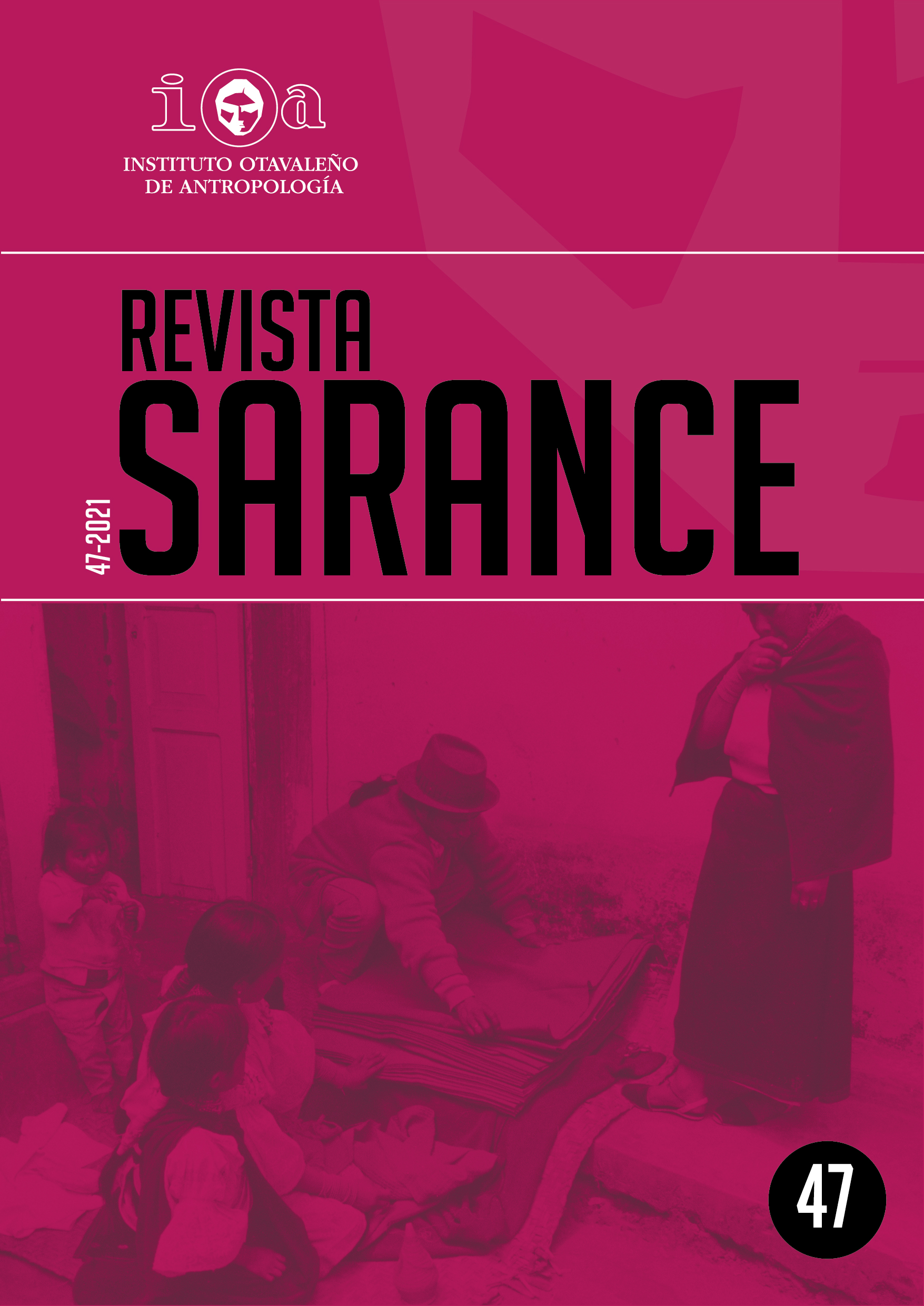Abstract
The gralla is a traditional wind instrument from Catalonia, Spain, it is part of the Catalan identity and occupies a very important place in different current cultural expressions. This instrument was rescued at the end of the Franco dictatorship, as well as different traditional cultural expressions, and through various popular and academic pedagogical strategies and proposals it was reincorporated into the culture of the region. At present, we can find the gralla in street parties and in music schools, with performances of different repertoires, both traditional-popular and academic. In the city of Barcelona it has been possible to verify in this first stage of this work, that there are three different contexts in which this instrument is interpreted and taught: the formal context (official institutionalization), the informal context (private or popular academies) and the non-formal context (self-convocation and self-training). The objective of this article is to investigate, through semi-structured interviews, how the teaching / learning process of gralla develops within these three types of contexts and how its characteristics influence its interpretation and dissemination.

This work is licensed under a Creative Commons Attribution-NonCommercial-ShareAlike 4.0 International License.
Copyright (c) 2021 Array





